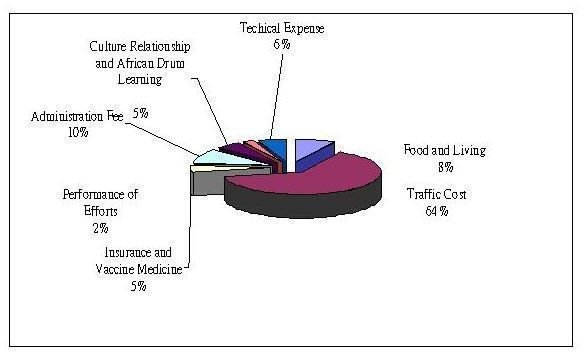Project Management Mistakes and the Lessons We Learn
The Most Common Lessons
Think about your last failed project and why it failed. Most likely, it was due to one of the more project management common lessons not learned or utilized:
-
Project Scope – Not preparing an effective project scope with all stakeholders involved can be detrimental to any project. If you’ve skipped this step, you’ve probably experienced this on a large scale. The scope sets the stage of the project and even helps choose the right project management methodology.
-
Using the Wrong Methodology – You can compare project management methodologies, but not every method works on every project. If you’ve never used Agile Management before, it’s better to test it on a successful project before implementing it on a new project.
-
Stakeholder Involvement – If you’re told to run with a project by upper management with no stakeholder involvement, chances are the client won’t be happy with what you deliver. Insist on direct contact with the client and get to know their wants and needs.
-
Bad Risk Management – Every project has hiccups. Some can be identified upfront where others pop up along the way. Not utilizing a risk management plan to confront, prioritize, and deal with risks is a project management lesson every manager needs to learn.
-
Quality Control – Some managers rush to meet deadlines with no quality control in place. If this is you, maybe your projects are on time or finished before the deadline, but are they quality projects? Implement good quality control plans.
Budgets, Resources, and Monitoring

No matter what the project, you need a budget and most likely both internal and external resources. If you don’t take the time to analyze what you need, you’ll quickly learn a valuable project management lesson and won’t repeat it.
-
Vague Budgeting – If you have a total grasp on the project and what is expected at outcome, there is no excuse for not budgeting. Project budgets need to have line items for every stage of the project including working with outside sources. You should also plan for the unexpected. Managers who fail to inform clients and upper management of how important the budget is and obtain control over the budget are left scrambling for approvals, change controls, or charged with over spending.
-
Internal Resources – How well do you choose your teams? You can choose great teams using Six Sigma or take the time to match team members with the same mind and skill sets. Choosing internal teams arbitrarily is never a good idea.
-
External Resources – As the manager, it’s up to you to engage external resources such as suppliers, analysts, and vendors. If you don’t monitor these external resources you’ll be dealing with non-deliverables, change orders, and unorganized projects that fall well past the deadline.
-
Poor Project Monitoring – Once you’ve passed out the tasks and feel certain your teams know exactly what is expected of them, failing to monitor the project is a large part of project management failure. A valuable project management lesson learned here is to stay on top of every stage, element, team member, stakeholder, and outsource to keep your projects on track.
Summing Up Project Management Lessons
Often, we have to learn project management lessons the hard way—through failure. The best part of failing is the ability to learn from your mistakes and not repeat them. If you find yourself having a tough time no matter what the project, consider brushing up on your management skills, especially the areas where you need the most help.
